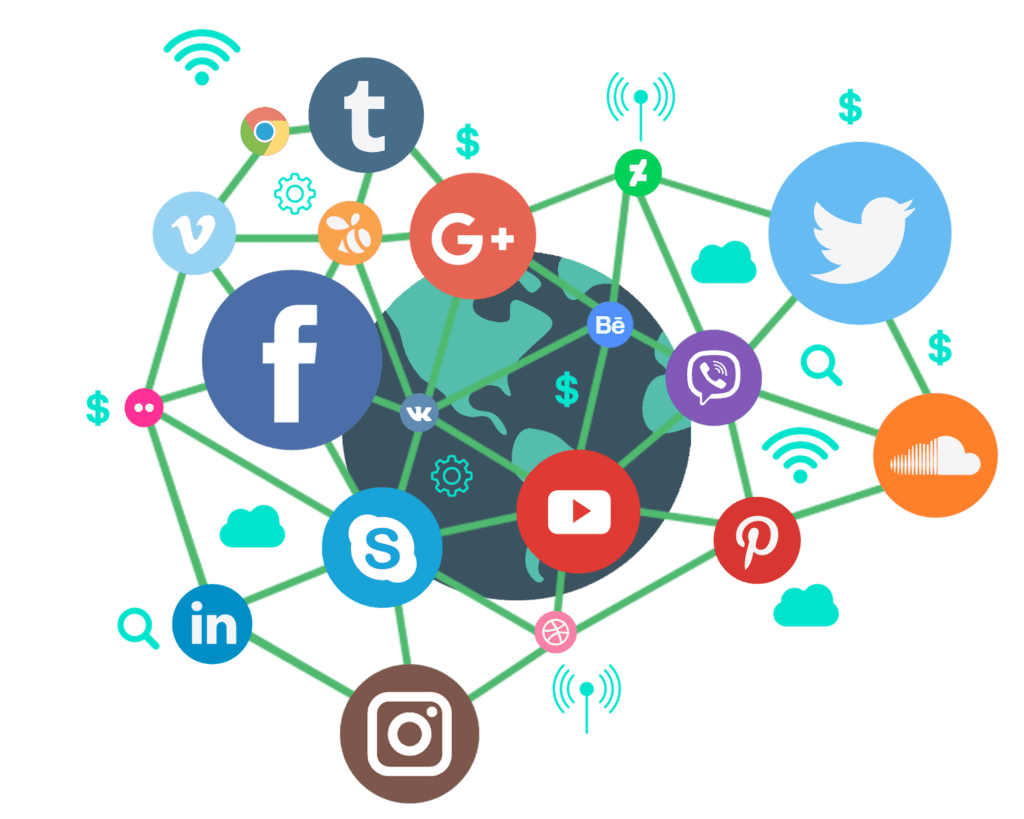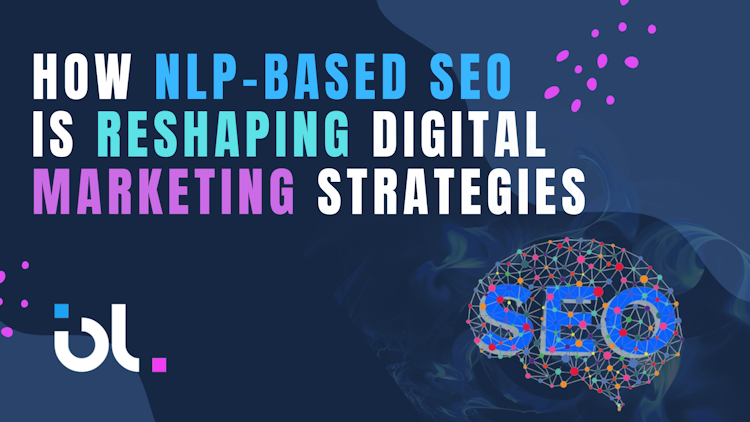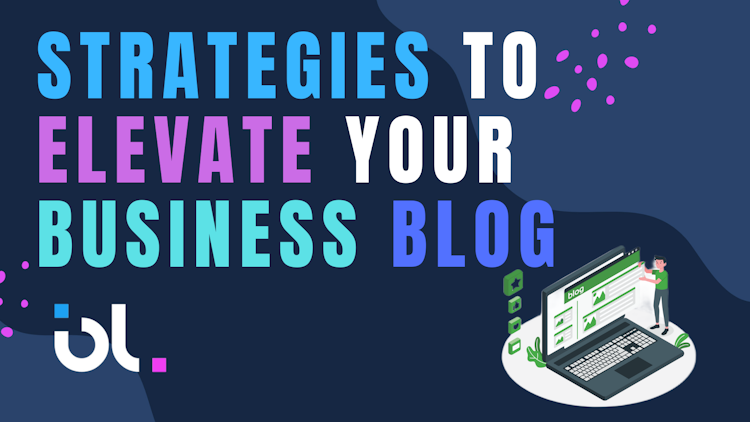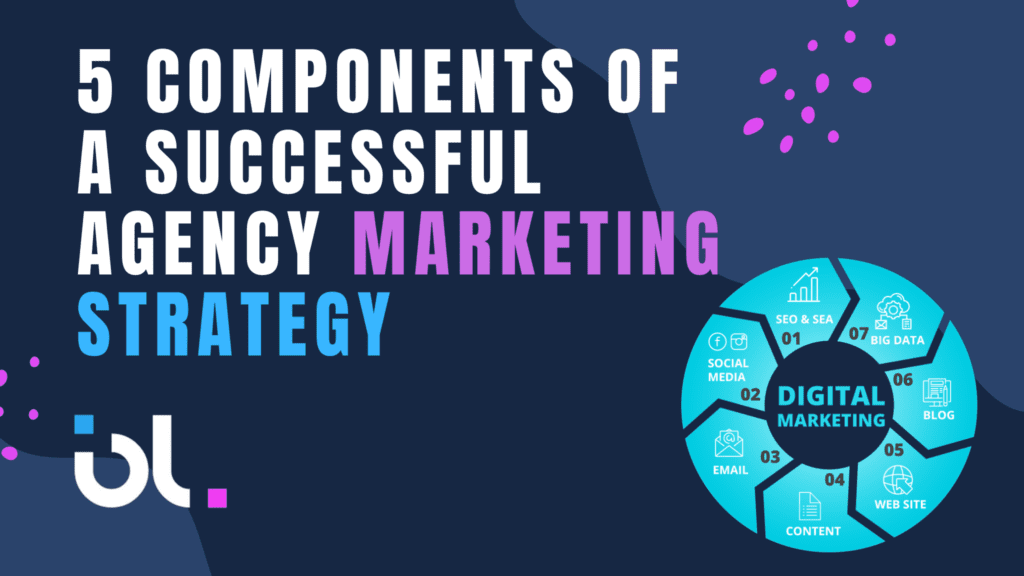

To create a successful agency marketing strategy, it is crucial to pay attention to certain components, such as defining your target audience, understanding your competition, developing a strong brand message, creating valuable content, and utilizing multiple platforms for distribution. In this article, we will discuss the essential components of a successful agency marketing strategy and how they can help you take your business to the next level. Whether you are starting out or looking to improve your existing strategy, these tips will help you build a solid foundation for success.
1. Defining Your Target Audience
Defining your target audience is a critical step in developing a successful agency marketing plan. It involves identifying the specific group of people who are most likely to be interested in your product or service. Understanding your target audience allows you to personalize your messaging and advertising efforts to meet their specific requirements and interests.
To begin defining your target audience, start by gathering demographic information such as age, gender, location, income level, and education level. In addition, you may learn more about their beliefs, attitudes, and problematic areas by participating in focus groups or conducting surveys. With the use of this information, you will be able to construct buyer personas that are representative of your ideal consumer and direct your marketing efforts toward efficiently contacting them.
2. Understanding Your Competition
Understanding your competition is an essential aspect of any successful agency marketing strategy. You may separate yourself from the crowd and improve your own strategy by doing a SWOT analysis of your competition to determine their strengths and weaknesses. It’s important to keep in mind that your competition isn’t just limited to other agencies that offer similar services; you’re also competing with in-house teams, freelancers, and DIY solutions.
To begin understanding your competition, start by identifying who they are and what they offer. Look for similarities and differences between their services and yours—are they offering something unique or innovative? Are there any market holes that they aren’t filling? Additionally, it’s worth considering how they market themselves—what channels do they use, and how effective are their campaigns? By analyzing all of these factors, you can gain a better understanding of where you stand in the market and how you can improve your own offerings to stand out from the rest.
Remember, understanding your competition is an ongoing process; as the market changes, so do the players within it. It is essential to keep up with the latest developments and trends in business in order to guarantee that you are always one step ahead of the competition. By doing so, you’ll be better equipped to adapt your marketing strategy as needed and continue growing your business over time.
3. Developing a Strong Brand Message
Developing a strong brand message is crucial to any successful agency marketing strategy. Your brand message is the foundation of your agency’s identity, and it conveys what you stand for as well as what you offer to your clients. It needs to be understandable, succinct, and consistent across the many channels of communication.
You should begin by identifying your unique selling proposition (USP) in order to generate a powerful brand statement. Where do you stand in comparison to other agencies? What is it that you provide for them that no one else does? Once you have defined your USP, craft a messaging framework that clearly communicates this value proposition. This framework should include key messages that speak directly to your target audience and highlight the benefits of working with your agency. Remember to keep it simple and easy to understand; avoid jargon or industry-specific language that may confuse or alienate potential clients.
Once you have a clear messaging framework in place, integrate it across all aspects of your marketing strategy. Maintaining coherence across all marketing materials, including sales pitches, website material, and social media postings, is essential. Your brand message should be reinforced at every touching with prospective clients, so they can easily recognize what makes your agency unique and why they should choose to work with you over competitors. By developing a strong brand message and communicating it effectively, you can establish credibility and build trust with potential clients, setting yourself up for long-term success in the competitive world of agency marketing.
4. Creating Valuable Content
With a strong brand message in place, the next key component of a successful agency marketing strategy is creating valuable content. There is a solid reason why content marketing has developed into such an important component of digital marketing. You may position yourself as an expert in your field by establishing a relationship of trust with prospective customers and offering information to your target audience that is both helpful and relevant to them.
When developing content, it is critical to place an emphasis on quality rather than quantity. Make sure that your material has been well researched and that it offers something of value to the people who will be reading it. This may take the form of blog entries, films, podcasts, or even postings on social networking platforms. You may generate new leads and create long-term connections with customers you already have by regularly distributing material of high quality that caters to the requirements and concerns faced by your target audience. In addition, you may broaden your online reach and exposure by optimizing your content for search engines and then distributing that information across different platforms.
5. Utilizing Multiple Platforms for Distribution
One of the key elements of a successful agency marketing strategy is utilizing multiple platforms for distribution. With so many different channels available, it’s important to diversify your approach in order to reach as many potential customers as possible. This means leveraging social media, email marketing, content creation, and more.
Social media is an incredibly powerful tool that can make or break your marketing efforts. By creating engaging content and targeting the right audience, you can build a loyal following and generate leads for your business. Email marketing is another great way to stay top-of-mind with potential customers. By sending regular newsletters and promotional emails, you can keep your brand fresh in their minds and encourage them to take action.
When it comes to the production of fresh content, there are an almost infinite number of ways to connect with new audiences. Whether you do it via blog posts, videos, infographics, or podcasts, providing relevant content that connects with your target audience is essential to establishing thought leadership within your sector. This can be accomplished in a number of different ways. By utilizing multiple platforms for distribution, you can amplify the reach of your content and maximize its impact on your overall marketing strategy.
How Much Budget Should Be Allocated For An Agency Marketing Strategy?
When determining the budget for an agency’s marketing strategy, there are several factors to consider. The size of the agency and the scope of the campaign will play a significant role in determining the necessary funds. It is very necessary to allot a sufficient amount of resources in order to guarantee that all components of the marketing strategy will be carried out successfully. Additionally, it’s crucial to prioritize specific tactics and channels that have been proven to be effective within your industry or target audience. By carefully considering these factors, you can develop a budget that will provide a strong return on investment for your agency’s marketing efforts.
How Can An Agency Measure The Success Of Their Marketing Strategy?
Measuring the success of an agency’s marketing strategy is crucial to ensuring that efforts are not wasted on ineffective tactics. There are several ways to measure success, including tracking website traffic and engagement metrics such as click-through rates and conversion rates. Additionally, social media metrics like follower growth and engagement can provide insight into the effectiveness of social media campaigns. Tracking the leads that are created as a result of marketing activities and the conversion of those leads into real customers is also very significant. Agencies are able to make choices informed by data to improve their marketing plans in order to have the most possible effect, provided that these indicators are routinely analyzed.
What Are Some Common Mistakes Agencies Make When Developing a Marketing Strategy?
Agency marketing plans often fail because of the same avoidable errors that are made again. One of the biggest mistakes is not clearly defining their target audience. Without understanding who they are trying to reach, it’s difficult to create effective messaging and choose the appropriate channels for distribution. Another mistake is not setting specific and measurable goals. If you don’t have well-defined goals, it will be hard to measure your progress and evaluate how well your plan is doing.
Additionally, some agencies may rely too heavily on one channel or tactic instead of diversifying their approach for maximum impact. By avoiding these mistakes and focusing on a well-defined target audience, measurable goals, and diverse tactics, agencies can develop successful marketing strategies that drive results.
How Important Is Social Media In An Agency’s Marketing Strategy?
The marketing plan of an agency cannot function properly without the incorporation of social media. It provides a direct conduit through which businesses may approach and interact with prospective customers, as well as create brand recognition and establish thought leadership. However, it is essential to keep in mind that just maintaining a presence on social media platforms is not sufficient. Agencies need to create and share content that resonates with their audience, interact with followers, and analyze data to measure the effectiveness of their social media efforts. By incorporating social media into their overall marketing strategy, agencies can increase their visibility and ultimately drive more business.
How Often Should An Agency Review and Adjust Their Marketing Strategy?
When it comes to reviewing and adjusting an agency’s marketing strategy, there is no set timeline. However, it’s important for agencies to regularly assess their tactics and adjust as needed based on changing industry trends, target audience behavior, and campaign performance. This could mean conducting monthly or quarterly check-ins or even more frequent assessments in the midst of a major campaign. The key is to be proactive and responsive to ensure the agency is staying ahead of the curve and delivering results for clients.
In a Nutshell
In conclusion, an effective marketing strategy for an agency is one that is meticulously planned out and carried out. Allocating the right amount of budget is crucial to ensuring that all necessary components are included. On the other hand, it is of equal significance to assess the level of success achieved by the plan and modify it as required.
One common mistake agencies make is not considering their target audience enough when devising their marketing plan. Another mistake is neglecting social media as a key element in their strategy. By avoiding these mistakes and regularly reviewing and adjusting the plan, agencies can create a successful marketing strategy that will help them reach their goals and grow their business.




